I’ve kept on the back burner for a long time: a company I started but wasn’t quite ready to lead. It’s called the Institute for Human Progress and Development, and it’s all about helping people whose success depends on helping others succeed—coaches, leaders, speakers, and educators.
For a long time, I didn’t feel like I had what it takes to be the face of that company. Not because I lacked skill, but because I thought I needed to become someone I couldn’t respect—a narcissist.
That might sound extreme, but it’s the truth.
I even told my therapist:
“I don’t think I can make it in this industry. Everyone I see doing what I want to do seems so full of themselves. I’m not like that.”
He looked at me and said,
“You’re not going to like what I’m about to tell you… but you are a narcissist.”
Cue my jaw hitting the floor.
But he wasn’t being mean—he was being insightful. He explained there are two types of narcissists:
Grandiose narcissists – loud, self-obsessed, and usually in charge of something (or someone).
Wounded narcissists – quieter, withdrawn, and full of self-doubt. That was me.
That conversation changed my life.
Let’s Clear Up Some Myths
Before we go further, I’m not talking about narcissism as a personality disorder. That’s a serious diagnosis for less than 1% of people. I’m talking about narcissistic traits—things we all have to some degree. Let’s break down three common myths:
1. “Narcissists love themselves too much.”
Actually, they often don’t love themselves at all. What we see as arrogance is usually a shield—a way to protect a deeply hurt and insecure inner self. It’s not a character flaw they were born with. It’s an adaptation to not feeling safe or seen while growing up.
2. “Narcissists don’t feel anything.”
False. They feel a lot—sometimes too much. They just don’t know what to do with those feelings. So instead of sitting with hard emotions, they try to control the situation or others. That’s not about strength—it’s about fear.
3. “I’m not a narcissist.”
Well… we all have some narcissistic traits. If you’ve ever put on a “mask” to get through a meeting, a date, or even a family dinner—you’ve used one. It doesn’t make you bad. It just makes you human.

The Two Ends of the Spectrum
On one end is grandiose narcissism—people who dominate, show off, and refuse to admit mistakes. On the other is wounded narcissism—people who shrink, withdraw, and take all feedback as a personal attack.
Here’s the key: Both ends are stuck in an obsession with the self.
The grandiose type thinks they are their mask. The wounded type knows it’s a mask but is still ruled by it. The good news? That awareness creates space to heal.
The Middle Ground: A Healthy Sense of Self
Between those two ends is something worth reaching for: a healthy sense of self.
It’s the ability to say:
“I’m a good person who sometimes makes mistakes.”
“I can accept feedback without it destroying me.”
“I can love myself and lift others up.”
One of my favorite definitions is this:
A person with a healthy sense of self feels good about themselves and helps others feel good about themselves, too.
That’s what I’m aiming for. And maybe you are, too.
How We Start Healing
For me, the healing started when I began to notice where I already feel strong and grounded—like when I coach, speak, or teach. In those moments, I’m not hiding. I’m not pretending. I’m being real. And that’s enough.
It also helped to revisit the people I used to judge as “narcissists.” Some of them, it turns out, weren’t self-obsessed—they were just confident. I was the one uncomfortable with that, not because they were wrong, but because I wasn’t used to seeing that kind of self-love in action.
Here’s What I Want You to Know
You don’t have to become someone else.
You don’t need to imitate the loudest person in the room.
You don’t need to wear a mask anymore.
Instead, ask yourself:
“Who was I before I felt like I had to protect myself?”
“Where do I already show up as whole and healthy?”
“Can I give myself permission to stop proving and start being?”
The world doesn’t need more grandiose performers or wounded hiders.
It needs more of you—as you really are.
So take the mask off. Or at least peek underneath it.
There’s someone good in there. Someone worthy. Someone already on their way.
With love and courage,
Chad






